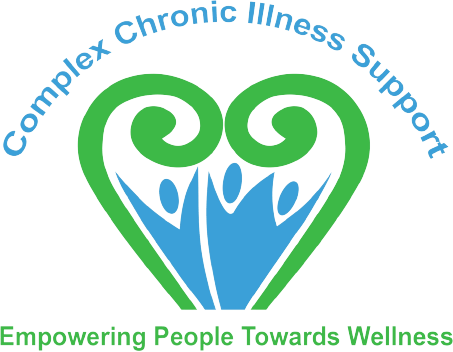Multisystem Inflammatory Syndrome in Children (MIS-C) is a rare but serious condition that can occur after a SARS-CoV-2 infection. Recent research has uncovered new details about how this condition develops. Scientists have found that MIS-C may be triggered when the immune system mistakenly attacks the body’s own proteins because they look similar to a part of the virus.
Here’s a summary of the key findings:
- Shared Epitope: In MIS-C patients, antibodies target a specific part of the SARS-CoV-2 virus that also resembles a protein in our own cells (SNX8). This shared part of the virus and human protein might be causing the immune system to attack both.
- Cross-Reactive T Cells: The study found that certain immune cells (CD8+ T cells) in MIS-C patients recognise and attack both the virus and the SNX8 protein. This could be causing problems in the immune system.
- TCR Analysis: Researchers tested eight specific T cell receptors (TCRs) and found that some were highly reactive to both the virus and the SNX8 protein. One TCR was found in high numbers in MIS-C patients, and similar TCRs were found across different patients, suggesting a common response.
- Expression Patterns: The SNX8 protein is more active in immune cells from MIS-C patients compared to those with other infections like influenza. Its activity is linked to other markers related to the immune response.
- Diagnostic Insights: The study suggests that a significant portion of MIS-C patients have immune responses against SNX8, which could be much more frequent compared to other autoimmune conditions. This response might be influenced by ongoing vaccinations and past infections.
Overall, these findings help us understand how MIS-C might develop after a SARS-CoV-2 infection. They show how the immune system’s mistaken attack on similar proteins in the body could be a key factor in the disease.
Top of Form
Reference: Bodansky, Aaron, et al. “Molecular Mimicry in Multisystem Inflammatory Syndrome in Children.” Nature (London), 2024, https://doi.org/10.1038/s41586-024-07722-4.
